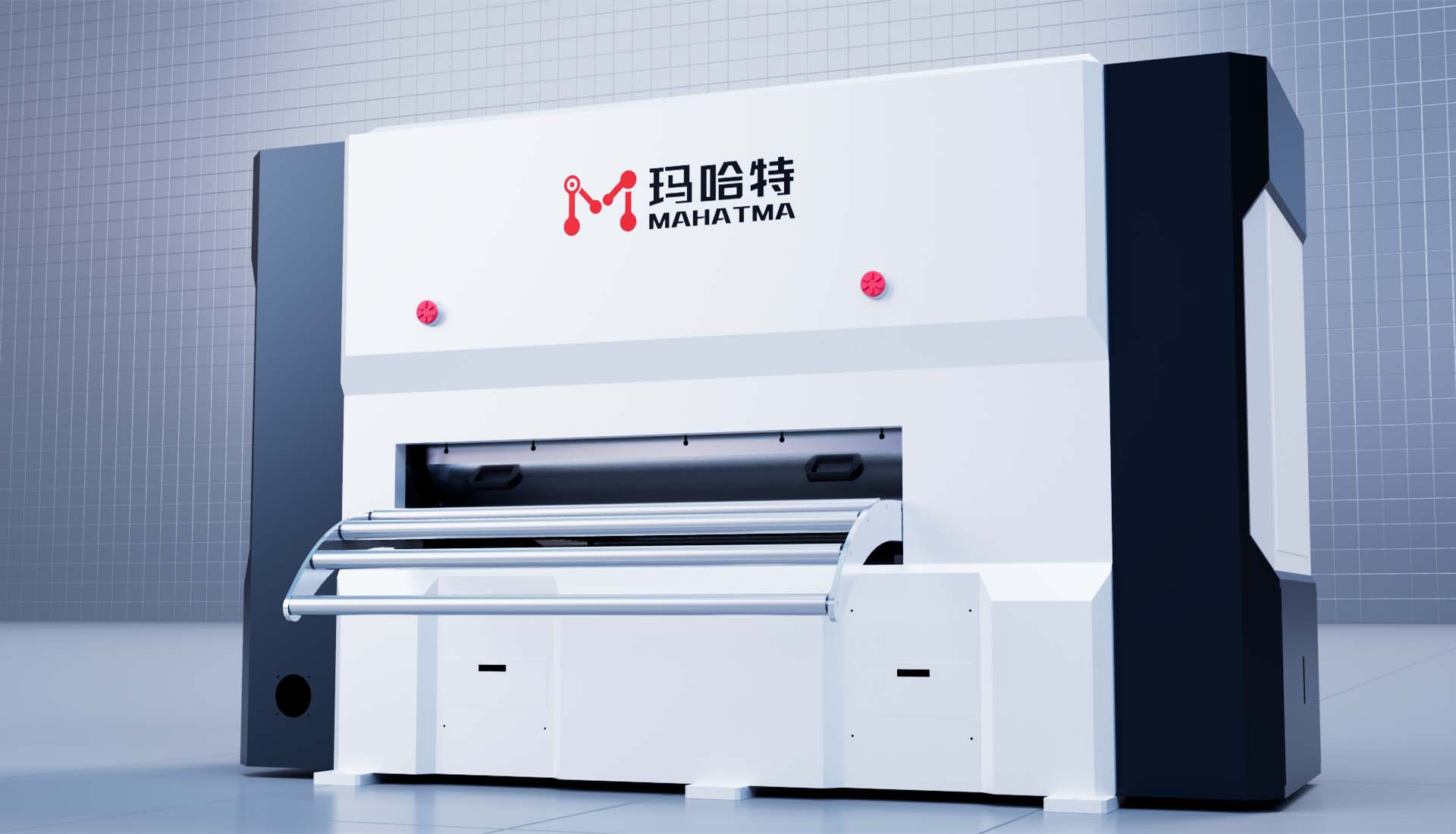Some of the most common types of leveller machines include:
1. Precision levellers – These are high-precision machines that are capable of flattening metal sheets to within a few thousandths of an inch. They are typically used in applications where high levels of precision and accuracy are required, such as in the production of aerospace and automotive components.
2. Cut-to-length levellers – These machines are designed to cut metal sheets to a precise length while simultaneously flattening and levelling them. They are commonly used in the production of metal roofing and siding materials.
3. Coil-to-coil levellers – These machines are used to flatten and level metal coils, rather than individual sheets. They are commonly used in the production of metal strip products such as automotive trim and appliance components.
4. Heavy-duty levellers – These machines are designed to handle thick, heavy-duty metal plates and sheets. They are commonly used in the production of construction materials such as steel beams and plates.
When choosing a leveller machine, there are several factors to consider, including the type of metal sheet or plate being processed, the required level of precision and accuracy, and the volume of material to be processed. Other factors to consider include the machine's speed and efficiency, its overall size and weight, and its ease of use and maintenance.
Leveller machines play a critical role in the manufacturing industry, helping to ensure that metal products are of uniform thickness, flatness, and smoothness. With their advanced features and capabilities, these machines are essential for producing high-quality metal products that meet the exacting standards of today's industries.

